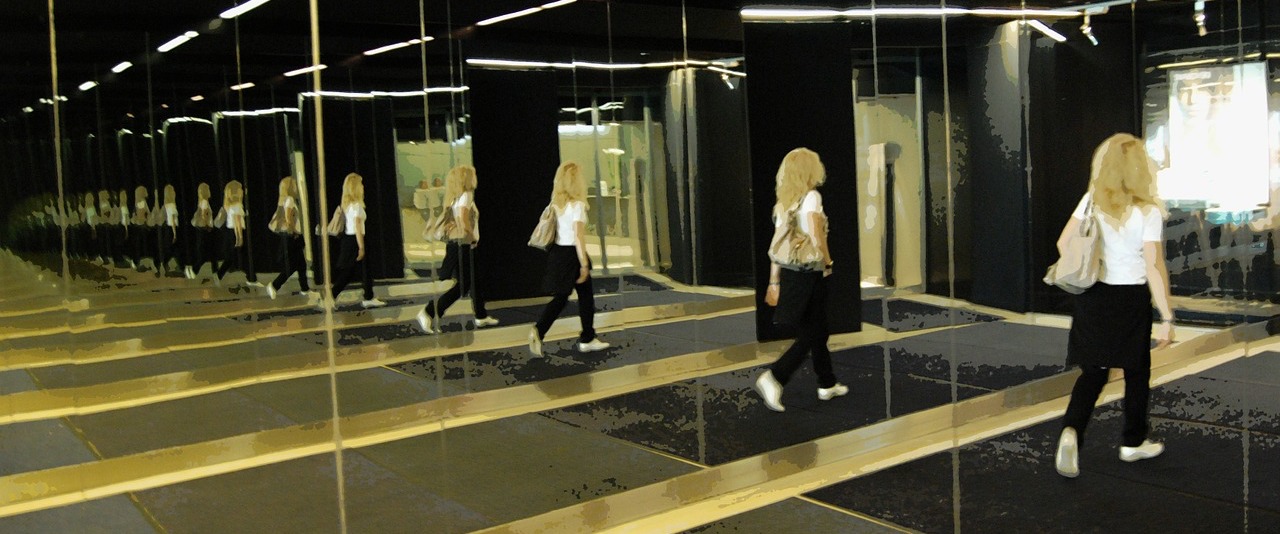I read Mary McCarthy’s The Company She Keeps, after reading B.D. McClay’s Commonweal essay in appreciation of her work. This novel of linked short stories what what Barbara recommended I begin with. (I had forgotten I’d read McCarthy’s The Stones of Florence). Here’s one passage I particularly enjoyed:
Perhaps at last she had found him, the one she kept looking for, the one who could tell her what she was really like. For this she had gone to palmists and graphologists, hoping not for a dark man or a boat trip, but for some quick blaze of gypsy insight that would show her her own lineaments. If she once knew, she had no doubt that she could behave perfectly; it was merely a question of finding out. How, she thought, can you act upon your feelings if you don’t know what they are? As a little girl whispering to a young priest in the confessional she had sometimes felt sure. The Church could classify it all for you. If you talked or laughed in church, told lies, had impure thoughts, or conversations, you were bad; if you obeyed your parents or guardians, went to confession and communion regularly, said prayers for the dead, you were good. Protestants, like her father, were neutral; they lived in a gray world beyond good and evil. But when as a homely high-school girl, she had rejected the Church’s filing system, together with her aunt’s illiterate morality, she had given away her sense of herself. For a while she had believed that it wad a matter of waiting until you grew older and your character was formed; then you would be able to recognize it as easily as a photograph. But she was now twenty-four, and had heard other people say she had a strong personality; she herself however was still in the dark. This hearty stranger in the green shirt—perhaps he could really tell whether she was in love with her husband. It was like the puzzle about the men with marks on their foreheads: A couldn’t know whether his own forehead was marked, but B and C knew, of course, and he could, if he were bright, deduce it from their behavior.
As it happens, the next book I read after McCarthy was the rulebook for Masks, a superhero RPG (my husband is planning a campaign). The game’s mechanics aren’t so far from what Meg Sargent imagines in the passage quoted above.
Players create heroes whose statistics are based on their self-image (how do they feel like a savior, a danger, a freak, etc.) and other players (or non-player characters controlled by the storyteller) can alter you character’s capacities by based on how they perceive your character, just as Meg hoped.
